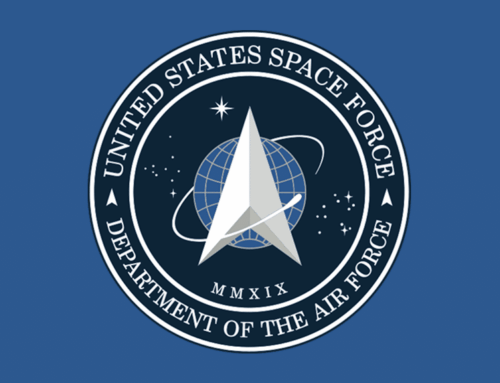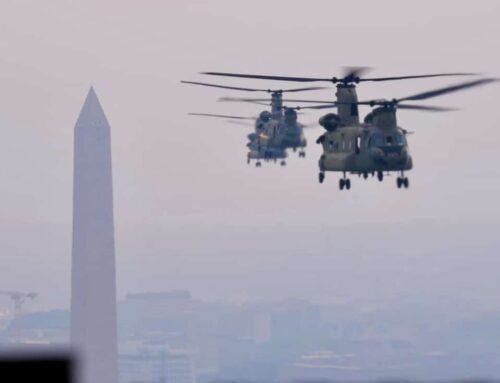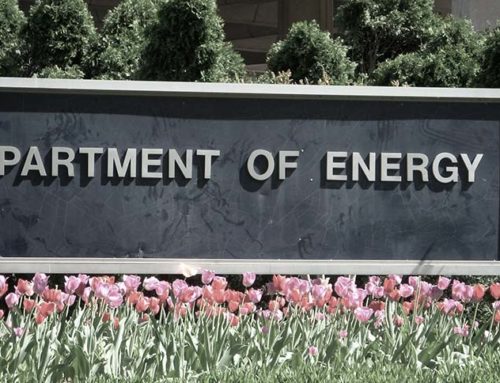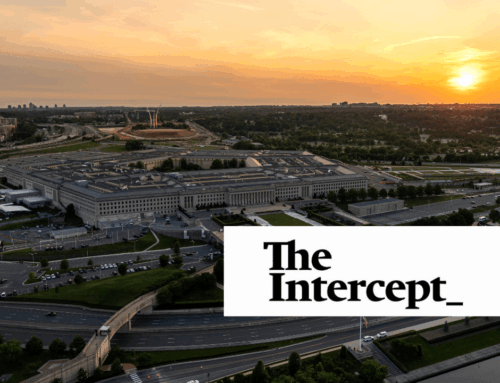For the last several months, the President has dismissed discussion about the cost of war in Iraq and how to pay for it. Well, the war has begun, and despite a cost that will likely exceed $100 billion in 2003 to fight and occupy Iraq, we still have not been given a long term plan or cost estimate by the President.
Make no mistake, the cost of war will be huge, but it will be dwarfed by the costs of occupying and rebuilding Iraq in the years to come. Now that we have taken action, it is time to have an open discussion in Congress, America, and the world about how, and who, is going to pay for a new democracy in Iraq. It is likely that this discussion will begin next week when the administration delivers an emergency spending bill that will cover the short-term costs of the war, aid to allies and extra costs of homeland security.
In response to these actions, Taxpayers for Common Sense will release early next week a report on the cost of the Iraq war and the occupation and rebuilding efforts that follow. Along with standard costs for military operations, transport of troops, and weaponry, our analysis will consider the cost of economic aid to our allies, of post-war peacekeeping forces and rebuilding, and bailouts to industries hurt by the war, among others. We will provide an estimate for the direct cost of war, figures for several scenarios wherein the war does not go as planned, and an estimate for the total cost of rebuilding, occupation, casualties and protecting the health of our troops.
Expense components include the cost of reservists and National Guard called up to active duty to 'backfill' for regular troops sent to the Gulf, the cost of thousands of 'smart bombs,' air combat sorties (including fuel and support for planes,) warships, and troop transport.
A widely reported cost that has caused much speculation is the amount of foreign aid we have promised to allies to win support and access to Iraq. The report will consider, specifically, Jordan, Turkey, Israel, Egypt, and Pakistan as major potential recipients of war-related aid.
When the war has ended, the real challenge – to build a peaceful, democratic Iraq – will begin. Associated expenses will include the cost of peacekeeping forces, war tribunals, likely chemical cleanup, humanitarian aid, and rebuilding infrastructure. As in the first Gulf War, restoring oil fields will be a major expense.
Although we hope and pray that the number of casualties will be as low as expected, death and veterans benefits could be substantial. We are already familiar with the effects of Gulf War Syndrome, and our troops who suffer from it deserve the best care we can provide.
America has committed its troops to freeing Iraq – now we must find others to help pay for it. Not only can we not afford to pay for it alone, we are much less likely to be successful alone. Creating a free and democratic Iraq must be a truly international effort. To do that, first the American public and Congress must agree on our commitment to a new Iraq, and have a significant debate on the costs involved. Then we will need to rebuild our diplomatic bridges, and open the discussion to the rest of the world.










